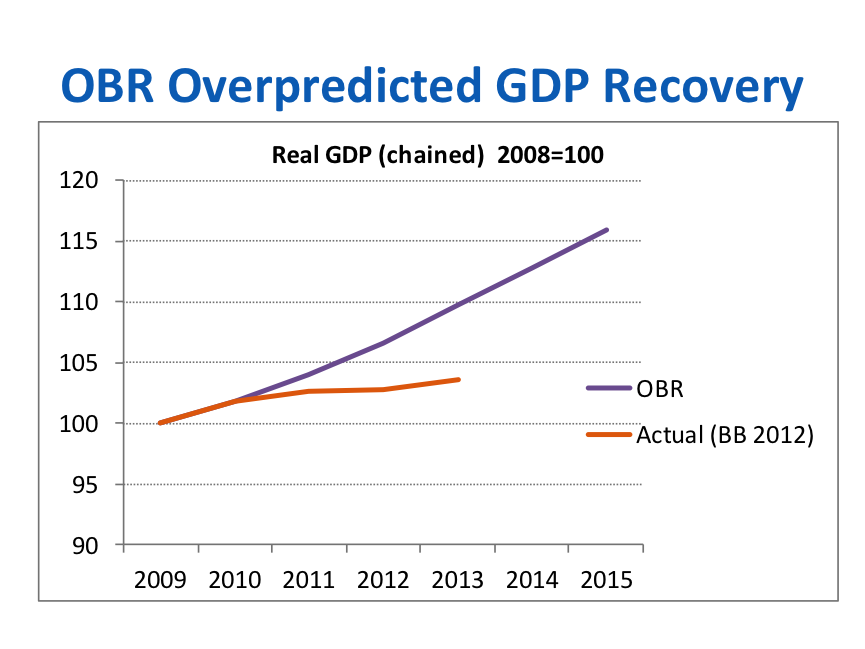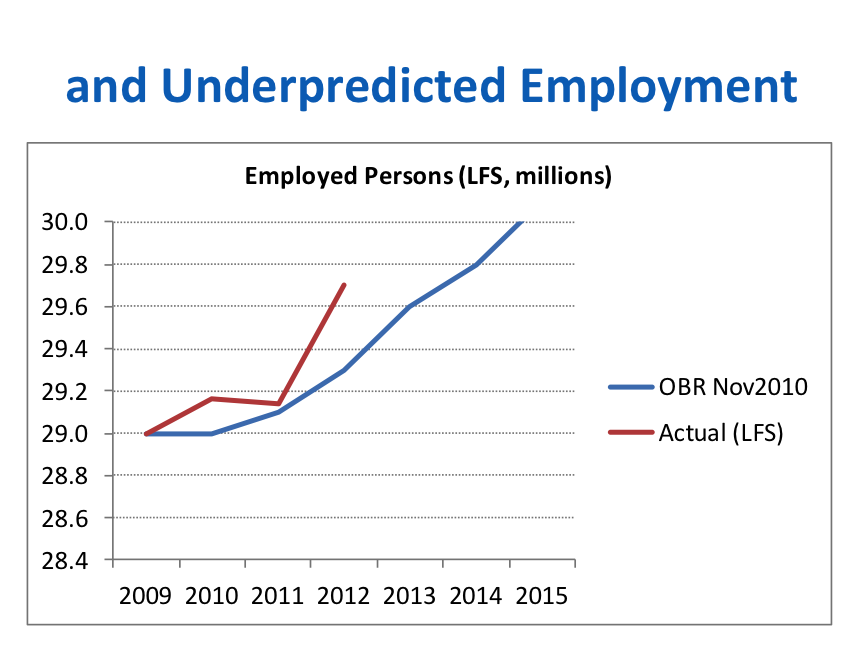


The weekend’s English Premier League soccer results confirm that the team controlled by Malaysian billionaire Tony Fernandes will go down, while the team controlled by Malaysian billionaire Vincent Tan (currently in the league below) will go up.
What makes Third World billionaires waste their money on Premier League soccer clubs?
My working theory is that the habit reflects a desperation for recognition among people whose businesses will never buy them respect. (Actually, Tony Fernandes is a poor example because his Air Asia business is a relatively ‘normal’.)
The typical Third World billionaire who buys a Premier League club does not do something at the office that allows them to hold their heads high in the company of those they would like to be seen with. To wit:
‘So, how did you make your money?’
‘My dad fucked my mum.’
or
‘Well, I got my start robbing a train. Then a I cornered a bank. And now I’m in minerals. It’s important to have good bodyguards.’
or
‘In essence, I gave these guys who run my country a huge bung, and they gave me a licence to print money. So I did.’
So you buy a soccer club. Of course it is also useful to be in London on a regular basis to stash and invest some of your cash, while the UK’s tax laws have been redesigned around the needs of footloose billionaires.
But, in the end, no one will respect you even if, like Abramovich, you win the Champions League.
Methinks it a mug’s game.
Premiership clubs controlled by billy-willies:
Abramovich controls Chelsea and, according to Forbes, has spent US$3bn on the club. Meanwhile life expectancy for men in Russia is just 60 years.
Uzbek-Russian billionaire Alisher Usmanov and partner Farhad Moshiri control 30% of Arsenal. Usmanov has long indicated his willingness to increase his stake in Arsenal to full control but has yet to lay his hands on the shares.
Sheik Mansour bin Zayed Al Nahyan owns Manchester City.
Mohamed El-Fayed, erstwhile owner of Harrods, still owner of the Paris Ritz, controls Fulham.
Tony Fernandes and Lakshmi Mittal control Queens Park Rangers, who are already relegated. It looked like a good networking opportunity for Tony, founder of Malaysian Ryanair tribute company Air Asia, but will the two still be pals after losing tons of money while achieving nothing?
Vincent Tan, a master of the untendered Malaysian government monopoly concession, controls Cardiff, who are coming up from the division below to replace Tony’s QPR. Other Malaysian billionaires love to hate Vince, but the children of Cardiff momentarily love him. Note that Vince has also signed up to the Gates/Buffett GivingPledge, promising to give away at least half his loot ‘to help address society’s most pressing problems’; (here is his personal pledge). Now that Vince has got his team into the Premiership, he could choose to regard the losses required to stay there as fulfilment of his GivingPledge. What more pressing problem is there than Wales’s lack of a Premiership football team? If other premiership billionaires grasp the angle, Melinda Gates’s phone will be ringing off the hook. Soccer as philanthropy — allowing Third World tycoons to feel better about themselves while watching football. If any of them get the idea from this blog, I would like some tickets please.
There is a Wikipedia table of English football club owners here.
Thoughts beyond the premiership
European businesspeople who constructed more regular businesses invest in clubs some times, but seem to go for smaller clubs. Amancio Ortega, behind Spanish retailer Inditex, put money into Deportivo La Coruna. Francois Pinault, who controls the likes of Gucci and YSL, also controls the football team Rennes. Delia Smith, of English cookbook fame, has a major stake in Norwich. George Soros does have 10% of Manchester United, but that is a big club run for profit.
Email, Print, TwittyFace this post:
Like this:
Like Loading...













